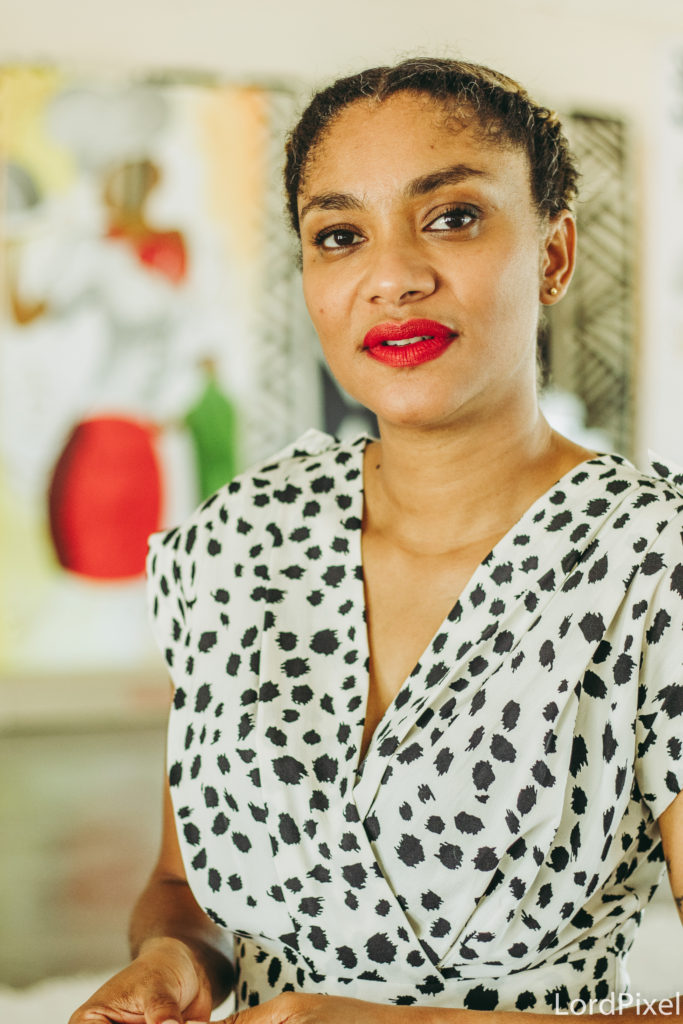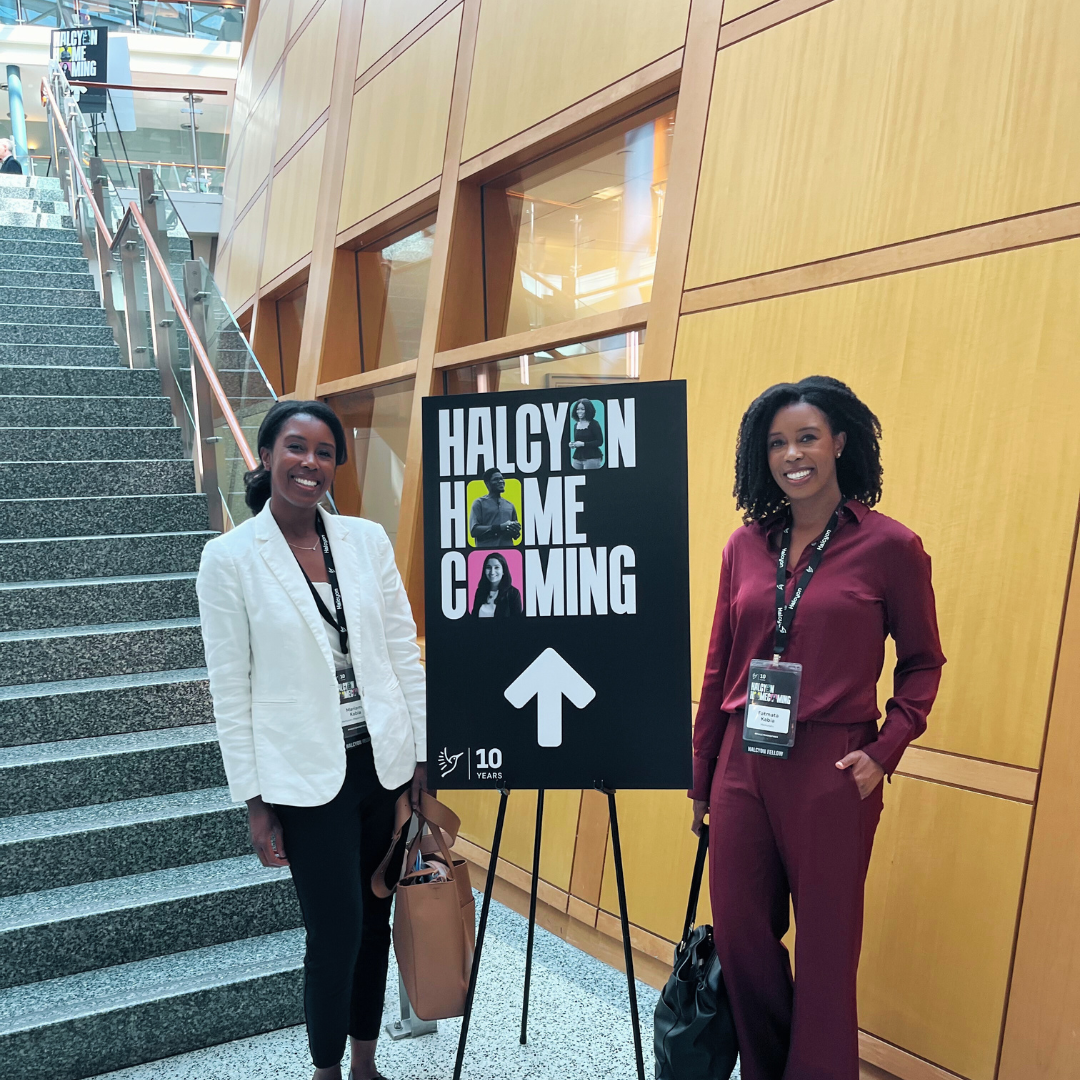Interview with Seeng Sarah Boitumelo Mulwa (Botswana)

Sarah is an environment and energy specialist. Her work involves carrying out environmental impact assessments in the energy, transport, water, and transport sectors. She also works on monitoring and evaluating development projects. Sarah is the founder of Now for Them Trust, a Botswana based non-governmental organization (NGO) that donates solar lamps to scholars without access to electricity in rural areas. In 2020 they started assembling solar lamps for the first time, with women and youth from a rural community. Memunatu virtually sat down with Sarah to discuss her work and inspiration.
MM: What inspired you to start doing this?
I grew up in a rural area with no electricity. As the youngest of my siblings, I did not get priority to the lit candle during evening studies. When I moved to the city later, I started to excel in my school work and my school grades improved due to available grid electricity. It is this time that I realised my great potential and began to enjoy school more and excelled in my academic work. As an adult and doing environment and social safeguarding in the rural areas, I began to realise the lack of electricity in rural areas and it led me to evaluate the pass grade of rural scholars. I found that they were not performing as well as urban located scholars. This is how I decided to play my part in growing the energy sector to rural areas [and] to target scholars as they presented an opportunity to fight out of rural poverty through education.
MM: Your team assembled Botswana’s first energy lamp. Could you tell us more about that experience?
[A funder] challenged me to build a lamp that would represent our country and be built by our people. We got into an agreement to assemble 4,250 solar lamps for scholars surrounding the company’s diamond mines. We assembled the lamps with women and youth and gave them a new skill and newly found confidence in their ability to build something with their hands. We targeted school dropouts (who left school due to pregnancy, learning disabilities, substance abuse, financial issues etc.) and those individuals who had not qualified for scholarships due to a low grade in their final high school exams. We also targeted women aged 35 to 65 who were single parents, widowers, single mothers, or those who had survived GBV, or were living with HIV/AIDS.
MM: What has been a particular challenge you have faced and how did you overcome it?
COVID-19 delayed our production. With three lockdowns in 2020, we commenced work [later than expected]. Due to the pandemic, components were also delayed to arrive, but we had great support from the funders who understood our predicament and did not pressure us or threaten to cancel the project. The funders really had patience and that was enough for us to keep our faith to see the project through.
MM: What has been the best part about your work?
Oh gosh there are so many! There is nothing as beautiful as teaching someone a new skill that was thought to be a skill reserved for men only. . . and to see them start to build a solar lamp and then switch on the lamp and see their amazement of the light given. And the fact that they themselves just build this electricity which is fitting into a little container. Oh goodness, no feeling can explain this. In addition to this, it’s a joy to know that they now have an income for their households. Nothing beats that feeling.
MM: How can adolescent (girls) get involved in climate change efforts and make a difference?
They need to be brave, to fight the many times we are told girls should not be in a certain sector because we are not strong enough. Girl, that is nonsense talk– you can do it as good as a boy if not better! If interested in knowing how to play a role in combating climate change, do not let society dictate or restrict you from knowing more. This is why I have always loved science teachers. They are ready to teach more if asked. I encourage all adolescents to ask their teachers more questions about our environment and how they can save it.
MM: What advice would you give to young girls interested in pursuing your path?
You will find many boys in this space–do not let them intimidate you. You are very capable of leading them.
Also, you will face challenges including having others doubt your capabilities as a girl. For the 10 that doubt you, if one listens it’s enough ears. And if you don’t succeed, don’t change your idea. Try a different approach. There are often more ways to get through a closed door when there is no key–find out those ways.
This interview has been edited for clarity and brevity
To read the entire Environment issue, subscribe here





